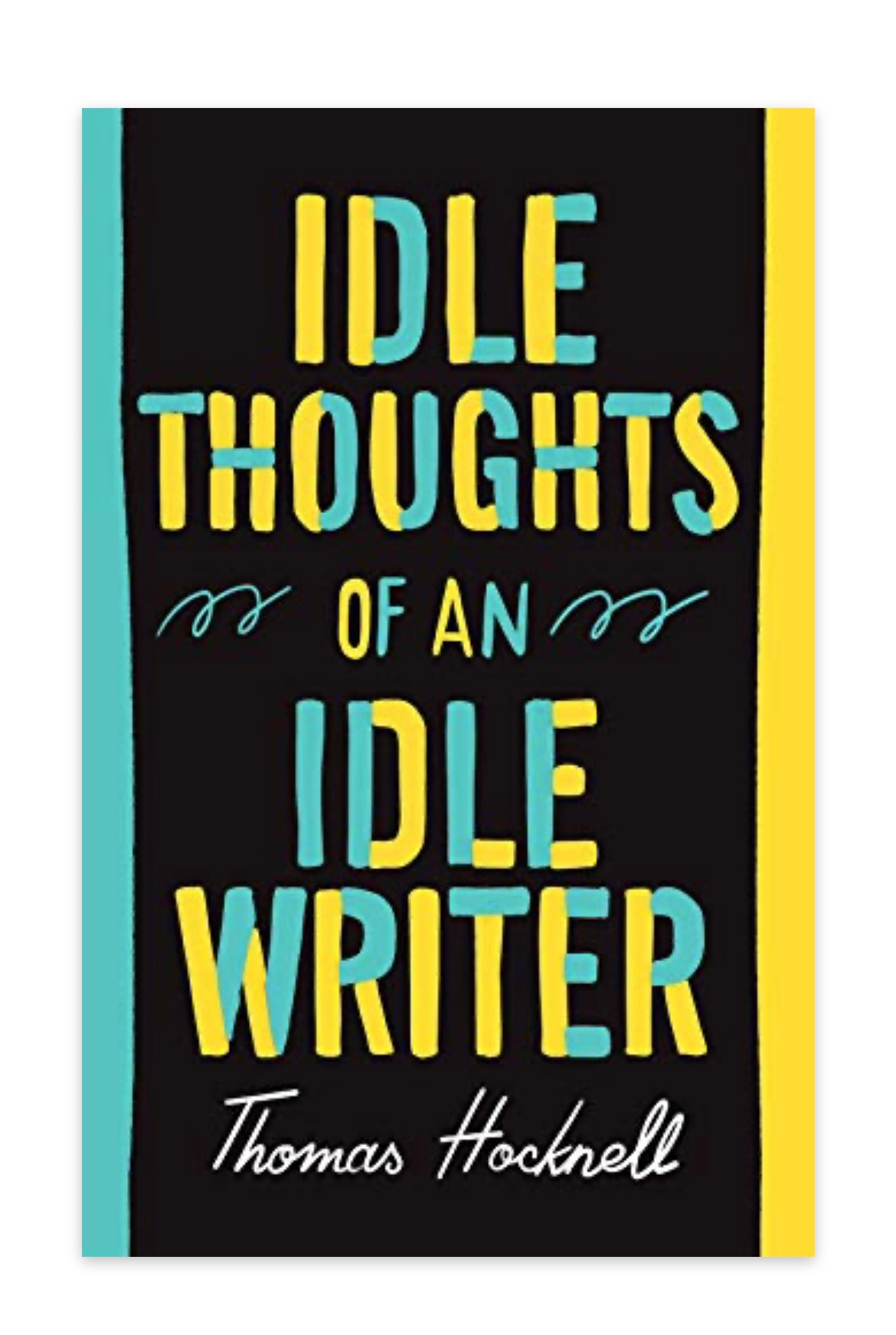A recent Telegraph article about men and their friendships made for such depressing reading that it might be advisable not to read it if you’re a middle-aged man. It would appear that rather than enjoying male entitlement via wolf-whistling at street honeys, better paid jobs, spinning do-nuts in Fast & the Furious hobby group car parks and attending pool parties, the so-called patriarchy is actually feeling pretty lonely.
A YouGov poll in 2019 concluded that one in five men have no close friends, twice as many as women. Apparently, behind all that bravado about skilful parking there are swathes of lonely men, ruing lost and neglected friendships like a prize boxer stroking his prize belts whilst watching his best ring moments. And loneliness kills. Research shows that long-term isolation can reduce life expectancy by 32%; that’s a lot more than sugar and cigarettes combined, and significantly less fun.
It’s unclear why those with a Y chromosome struggle to make or maintain friendships, or where the friendships go. Presumably if one man is rubbish at friendships then two aren’t necessarily going to be any better. It’s so often women still knocking about with uni buddies and starting sentences with ‘do you remember...?’ which of course assures they all do, thirty years since they shared a room (or boyfriend) together. Men I suspect are reseeding the lawn more frequently than they are feeding friendships. It’s startling how much attention is paid to relationships, yet friendships are expected to trot along with the sort of innate instinct leading to Dalmatians chasing cars.
But what are men doing that makes them so careless with friendships? Of course we’ve all lost or fallen out with friends, at least you have if you’re over 30 and not a chat bot, but it would appear that the high-end gin adverts of neatly groomed men backslapping, glass-chinking and loafer-comparing, are more likely to create a sense of inadequacy in many men that no amount of artisan gin can address. We’ve all walked past a bustling pub and heard the ghosts of our more sociable past amongst the laughter and hubbub. That never changes, but we have. Even the test match cricket commentators persist in painting a chummy picture of dinner with pals the previous evening, but not every man is so lucky.
Some men claim their partner is their best friend, although I’m unsure when friendship was successfully based upon a shared mortgage, simmering resentment compacted with icepack intensity accrued over years, and the eternal hope of some affection. However, maybe it is the affection that needs addressing. Men might be good at slurring ‘I love you’ following a restorative evening discussing the various weight-bearings of WW1 artillery carriages, but less good at the demonstration of affection once sober. It might be supposed that men feel somewhat embarrassed to tell their mate how much they mean to them, which is bonkers when you consider it’s acceptable to tell any other living thing, including dogs, garden birds and even a plate of food that we’re fond of them.
Tupac noted that real people barely have friends, which suggests the amount of compromise, or at least high level filtering of yourself required to maintain mates, might be too much for some. Maybe men prefer interests over friendships, or perhaps the pursuit of hobbies is to compensate for dwindling social opportunities. It would certainly appear that men like things, whereas women like people. Anecdotal observation of men describing their temperature-controlled wine cupboards, vinyl collections, or Edwardian cutlery collections would certainly confirm this.
Football is the big one. If you have no interest in watching men chasing a ball while others endeavour to stop them, then you’re already on the back foot in male company. Repeating what you’ve heard on Talksport is such an essential part of many friendships that it’s hard to adjust the steerage. I recently introduced two Spurs fans before going to the bar. On my return they apparently had a friendship closer than the one I had walked in with.
Of course the major of London Sadiq Khan is currently at war with men, painting them as chauvinist, disrespectful, sexist and with a predilection for calling one another mate, or is it maaate. His narcissistic self-regard, as with all authoritarian dictators, now apparently justifies him in telling men how they should banter. He’s not alone, the misandry of the Barbie film paints men in such a negative shade that were the high heel on the other foot, podgy millennials would be screaming tantrums about misogyny without pausing for breath at the pavement. Besides, the reductive criticism of the patriarchy not only dismisses the underlying strength of the matriarch, but also ignores that a man can be easily led off a cliff simply by holding him by the balls.
Men might not be discussing their feelings, more likely they’ll be discussing the purpose of eyebrows, but the engagement itself is crucial. There’s no necessity to bare your soul, but simply knocking about silly ideas, say things you can’t say in female company, and conclude all better ways in which they would run the country, all contribute to an immense sense of wellbeing.
A life without friends is one in which you don’t hear yourself. As with therapy, it’s through talking that you meet yourself. So often it’s those intimate friends with whom you spent your teens finding yourself whom hit a particular button, that when you reacquaint the years melt away. You may have the physique of a beanbag and resemble the Spitting Image puppet version of something you never thought you’d become, but the passing of time vanishes with such glorious ease that death itself seems to momentarily loose its grip. That said, as you get older, there is an acceptance that the days of careless company, after work drinks, lock-ins, sports clubs and kitchen parties are over. So, when you do see your friends make it count, and embed the connection in your soul.
There’s a life skill in enjoying your own company, and if you’re good at it perhaps friends are less essential, but one important thing to remember is that friends are hard to make and easy to lose. You might have starkly different opinions, corrupted by echo chambers and the media, but friendships are built on something innate. But, just as trembling dogs discover in thunderstorms that you can’t run from the sky, it might be necessary to find some acceptance of how things change throughout life. That said, maybe it’s worth starting friendships like you once did all those sleeps ago, when youth provided you with fearlessness, when things drifted in on the breeze; where you might find a potential ally based upon a mutual love of custard creams, leading to the simple ask: ‘will you be my friend?’
My book on Writing: Idle Thoughts of an Idle Writer: Reflections on life and the creative process can be purchased on Amazon.






As a woman, I enjoyed reading this. I can't speak for men, obviously, but I have noticed men some men are really good at maintaining friendships because of shared interests, but others (like my other half) aren't good at it at all. Women recognise that they need their friends even if they're in a good relationship. Maybe that's a difference.